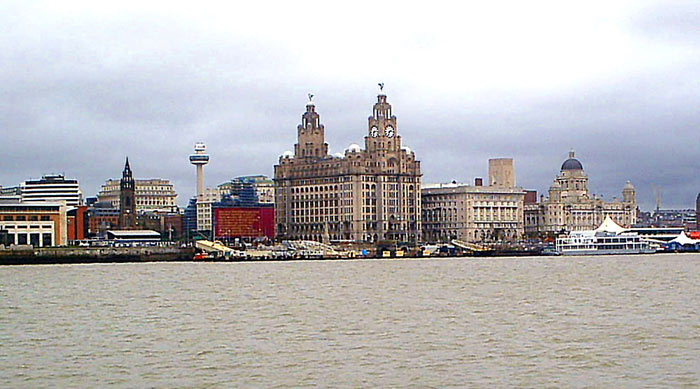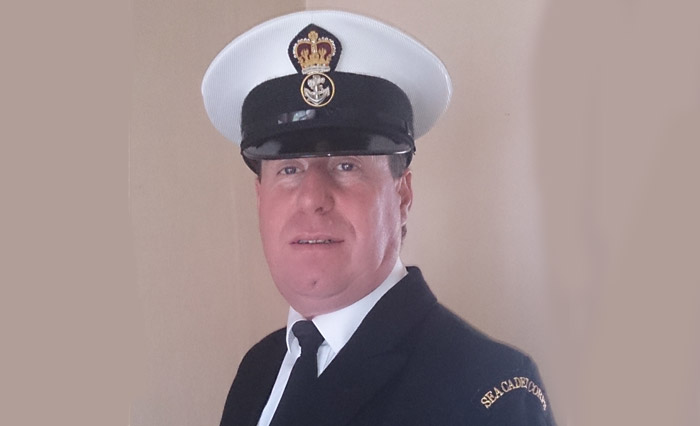
Working In Accident & Emergency
When there are mere seconds within which to make life and death decisions, who would you rather have on your team than somebody who possesses both calmness and instinct under the fiercest pressure? Service-leavers are trained to keep a cool head in the toughest of conditions and are likely to find a natural home for such attributes and skills in Accident & Emergency (A&E) departments especially if they have transferable skills and qualifications.
Medical staff within A&E, make things tick and save the lives of people in need of immediate trauma and triage care, but there are a number of other positions which a skilled and dedicated Service-leaver could look at as a place to apply their well-won skills and attributes.
What Do The NHS Look For?
The NHS looks for a high standard in all of their candidates but this is especially the case when it comes to recruitment in a hospital’s Accident and Emergency department. Thankfully for aspiring candidates, they offer a broad-strokes person specification to give you an idea of the kind of environment you’ll be immersed in.
The first requirement is the ability to maintain a fast pace of work and enthusiasm. The need for haste is vital in a trauma environment but let’s not forget that you will still be dealing directly with the public and therefore the ability to keep a level head and a smile on your face, even when things seem to be going badly, is very important. This goes hand-in-hand with another transferable trait from Military life, the ability to work closely with – and lead – a team. All of this ties up with great communication skills, which are vital in any job on civvy street but especially when lives are on the line.
Naturally, roles within the NHS and especially in A&E come with flexible, some might say anti-social, working hours and the ability to adapt quickly to changes in shift patterns and sudden changes in conditions is vital and will be second nature to many Service-leavers. Not only that but most roles require a high level of physical fitness and excellent manual dexterity to allow you to perform some of the fine procedures required.
Finally, and perhaps most importantly, emergency medicine requires candidates to have a breadth of knowledge both in terms of medical and life experience. You may have life experience by the bucket-load thanks to your experience in the Armed Forces but to pursue a career in Accident and Emergency, you’ll need qualifications too.
Getting Qualified
Nurses
Specialist Accident and Emergency nurses work in the department and are the first line for patients seeking treatment. Triage nurses are responsible for assessing admitted patients and, in some cases, treating less serious cases and assisting the doctors where needed.
To become a nurse, you must first decide which branch of nursing you wish to get into and for those looking to become an A&E nurse, it’ll be adult nursing. The degree course itself is either three or four years (depending on location and results) in both the degree qualification and registration as a Level 1 nurse. The course itself is structured as a straight split between practical and theory, meaning that you’ll spend just as much time gaining practical experience on the wards as you will sitting in lecture theatres and undertaking written assessments.
(A full guide to becoming a nurse is published in Civvy Street, March 2016. Ask your Service Resettlement Advisor for a copy.)
Earnings
Newly qualified nurses usually start at Band 5 on the NHS pay scale. According to the Royal College of Nursing, this is between £21,692 and £28,180 per annum.
Doctors
The primary role in Accident and Emergency is that of doctor. They provide services to patients who have been referred to them by nurses. They deal with a constant queue of patients over the course of their shifts and deal with conditions where there might be loss of consciousness, severe bleeding, trauma damage to the brain and other vital organs, cardiac arrest, breathing difficulties, broken bones and other life-threatening conditions.
Unless you’ve already received transferable qualifications from your time in the Military, becoming a hospital doctor is no small task and can take many years to achieve. You’ll need to complete a five year degree course in medicine, and a two year foundation programme of general training and then complete further specialist training which can take up to eight years before you are fully qualified. From there you can think about specialising in surgery or working towards becoming a consultant
Earnings
As a junior hospital trainee, the basic starting salary is £22,636. This increases in the second year of foundation training to £28,076. For a doctor in specialist training the basic starting salary is £30,002.
Doctors in training are paid extra if they work more than 40 hours or they work outside the hours of 7am to 7pm, Monday to Friday. This is usually between 20% and 50% of the basic salary.
Paramedics
Those with driving experience may find a rewarding career at the very front line of emergency medicine as a paramedic. They deal with medical emergencies but also deal with non-emergency tasks such as hospital admissions, discharges and transfers.
Ambulance paramedics need to complete a university degree in paramedic science, or get on to a student paramedic course at an ambulance service trust. You’ll also need excellent driving skills, a complete knowledge of the Highway Code, a good level of fitness, and be able to make decisions under pressure.
Earnings
Qualified paramedics start on AfC band 5, earning between £21,692 and £28,180 a year. Senior paramedics (also known as emergency care practitioners) and team leaders will be on AfC band 6 and can earn up to £34,876 a year.
Radiographers
Radiographers may not be the first group you think of in Accident and Emergency but whether a patient has been involved in a catastrophic car crash or just fallen out of a tree, the radiography department will be on hand to assess the damage, allowing doctors and nurses to treat the problem efficiently.
Unsurprisingly, radiographers must also be highly qualified and you will need to complete a degree or postgraduate qualification approved by the Health and Care Professions Council.
Earnings
Newly qualified radiographers can earn between £21,692 and £28,180 a year. With experience, this can go up to £35,000 a year. Senior radiographers or team leaders can earn up to £41,000 a year. Consultants can earn up to £68,000.
Physiotherapists
Qualified physiotherapists working within A&E departments are fairly uncommon but their specialist skills can improve patient care and flow; preventing unnecessary admissions, restoring function and enabling independent living.
Earnings
Salaries for physiotherapists in the NHS are between £21,692 and £28,180 a year. Specialist physiotherapists can earn up to £35,000 a year. This can rise to around £41,000 as an advanced physiotherapist.
Hospital Porters
People without medical qualifications who wish to get into the healthcare environment, especially in Accident and Emergency, may wish to consider becoming a porter. Porters are a vital part of the hospital and are tasked with moving patients, materials, specimens and files between departments.
No formal qualifications are needed but it can form a good basis should you wish to pursue more in-depth medical training in the future.
Earnings
Starting salaries are usually from £15,100 to around £18,000. Team leaders can earn up to £21,000 a year.



